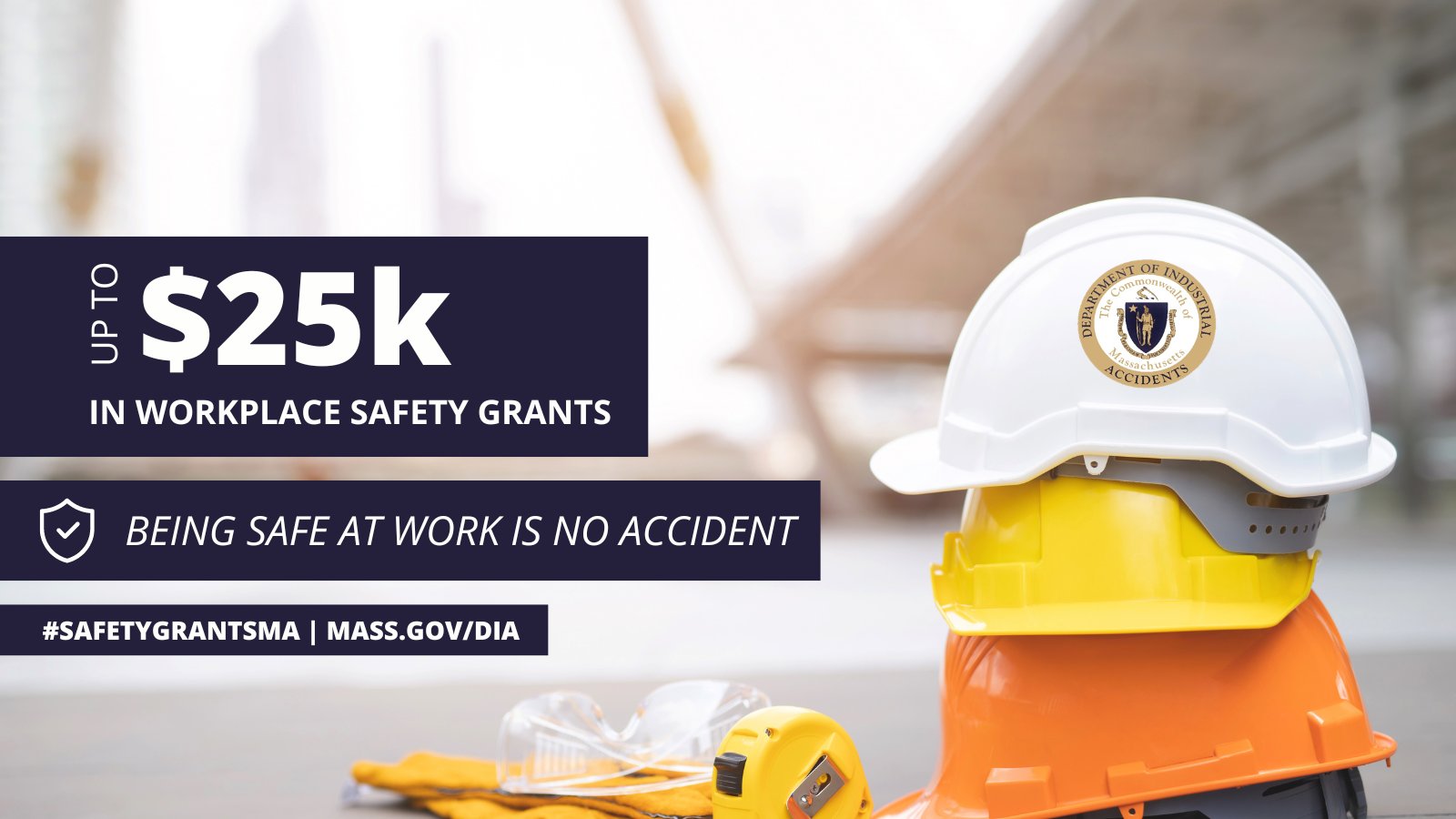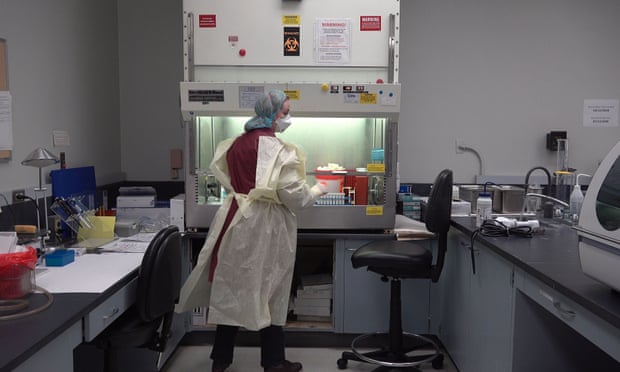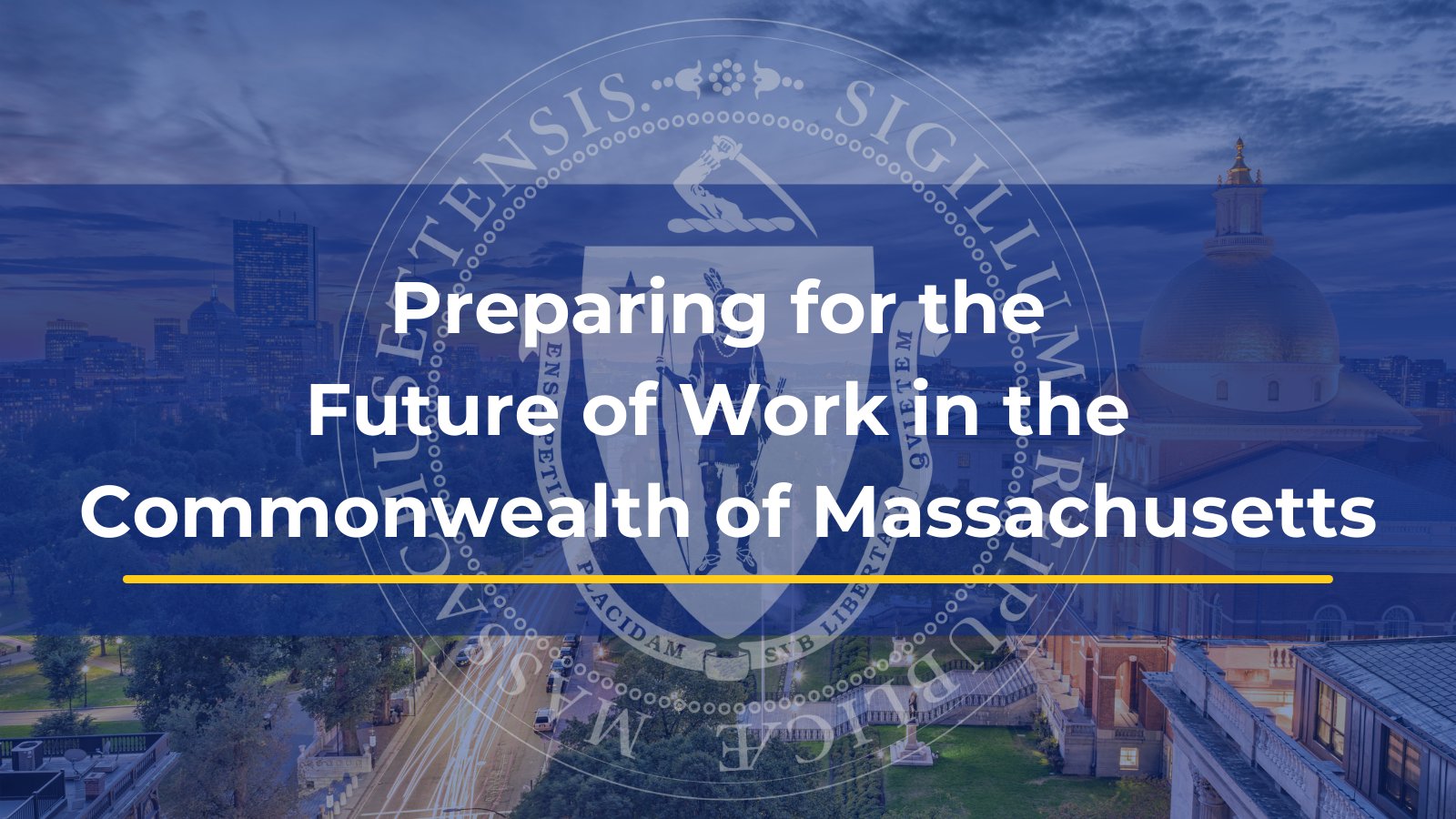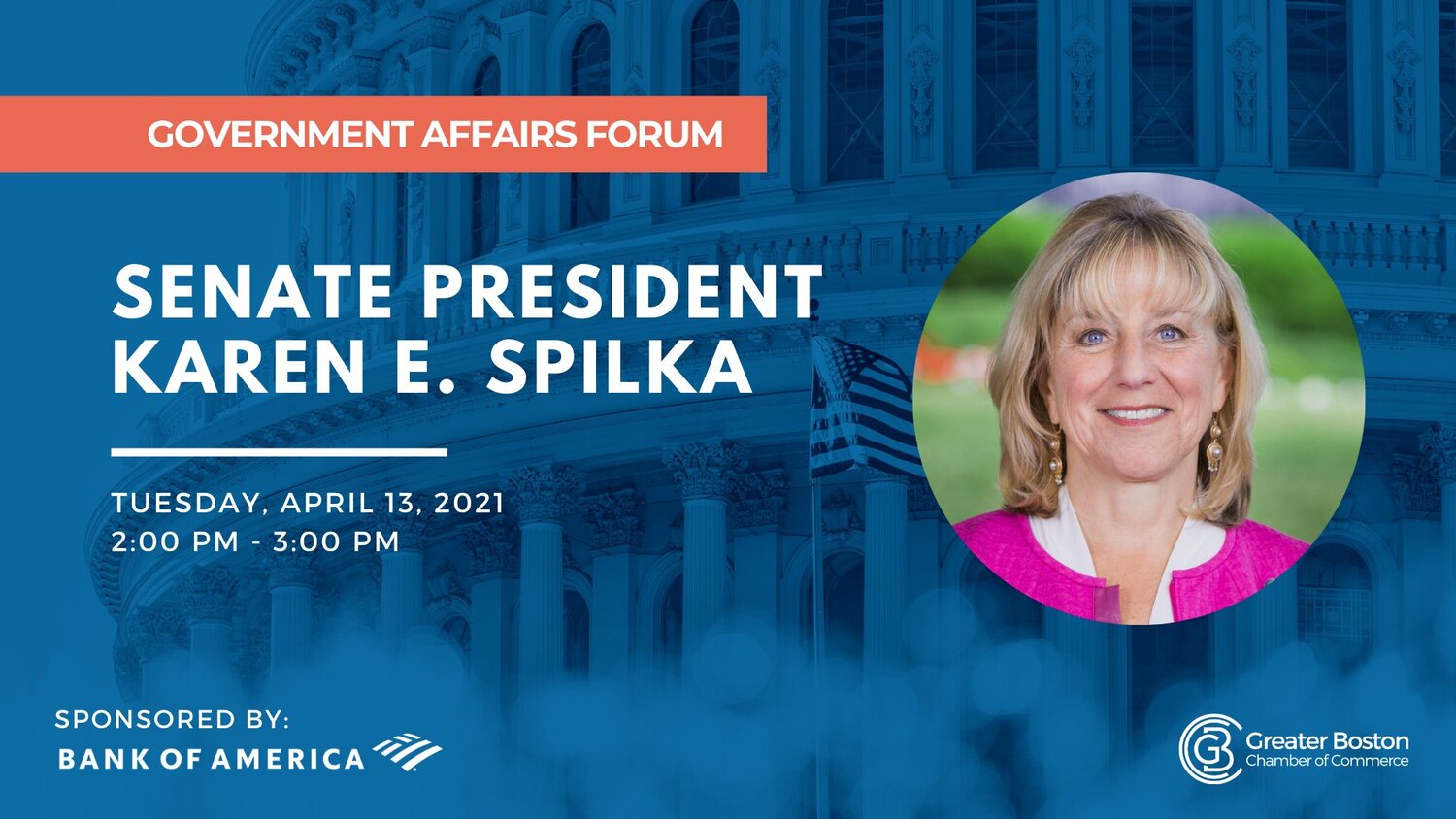"It’s going to take 38,100 workers to help Massachusetts transition to a clean energy state.That’s according to a report published Wednesday by the Massachusetts Clean Energy Center (MassCEC), a quasi-public agency that supports the state’s green energy industry. The paper forecasts thousands of new jobs by 2030 in order to meet the state’s decarbonization goals. And as of now, we’re not ready to fill them.The report classifies a worker as a “clean energy worker” if they are working in renewable energy, energy efficiency, alternative transportation, or other decarbonization efforts. These jobs include electricians who install electric panels, insulation workers who help maximize the efficiency of heating and cooling systems, or construction workers who help install electric vehicle charging stations.According to the center’s analysis, Massachusetts needs its clean energy workforce to expand by 37 percent from its current size of 104,000. However, the report also reflects the current challenges of filling those positions today. For example, 88 percent of companies that responded to MassCEC surveys said they have difficulty hiring workers for clean energy jobs."
 |
| A new report highlights the need for more electricians and other workers skilled in clean energy-related trades to fill an expected 38,000 jobs in Massachusetts by 2030.DAVID L. RYAN/GLOBE STAFF |
Get your own copy of the MassCEC report here -> https://www.masscec.com/sites/default/files/documents/Powering%20the%20Future_A%20Massachusetts%20Clean%20Energy%20Workforce%20Needs%20Assessment_Final.pdf













